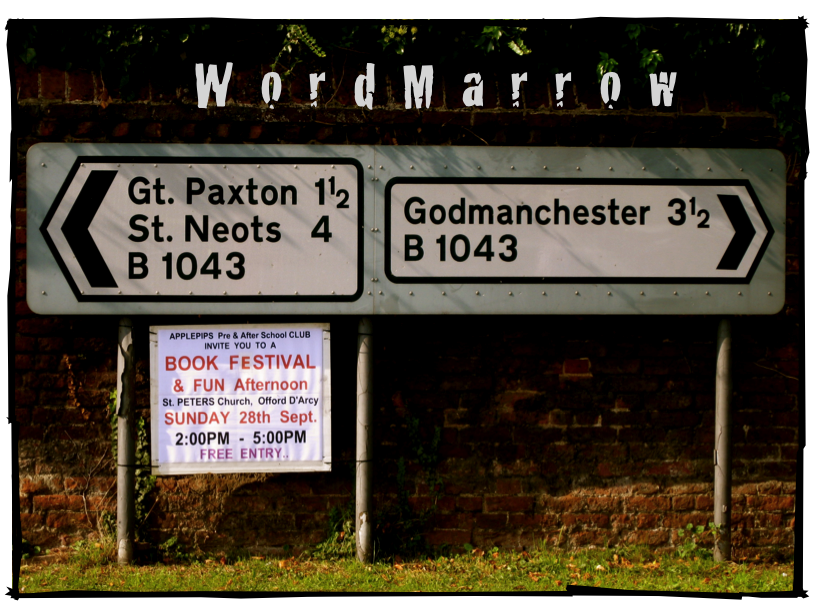In a book I was reading yesterday, the author had a conversation with a friend about marriage and asked his friend if marriage was what he thought it would be. The friend responded that no, it wasn't--it was a great deal less and more than he expected.
I got to thinking about my marriage after I read that, and I wondered if part of the reason why Jonathan and I are so happy together, and why we haven't had major difficulties, is because we both had realistic expectations of marriage before we said 'I do'. Of course there are other factors that determine the health of a marriage, but I'm convinced that anticipation plays a starring role.
So then I thought: maybe realistic expectations are the key to a satisfactory life. If we go into life expecting not more or less than what it offers, then we can't be disappointed with the reality. Assuming that it's possible to have realistic expectations in life, that is. But the more I thought about it, the more the virtue of realistic expectations didn't sit well with me. And I don't often (or ever) hear it preached from pulpits or billboards or commercials or lecturers.
I think my discomfort stems from the fact that it doesn't co-exist with faith very well. Faith doesn't rely on our knowledge of reality. In fact, God doesn't really fit into our concept of reality, because most of what we know is physical. So the first problem with settling for reality is that we're not even able to fully grasp what's available to us in this life. We have deep-seeded wants and needs buried inside of us from the moment of our birth, some that we can't even fully explain to people, but sometimes the greater problem is naming the desire, not claiming the desire. So how can we be expected to expect? What can we be expected to expect?
Then along comes the little matter of praying. We're supposed to ask for everything we want. We're supposed to pray boldly, believe expectantly, and hope eternally. If we value realistic expectations, if we settle for not more, not less, we can't very well take all that God is offering us, can we?
While still trying to marry the idea of realistic expectation and expectant faith, I came across this quote by C.S. Lewis from his book "Weight of Glory":
“Our Lord finds our desires not too strong, but too weak. We are half-hearted creatures, fooling about with drink and sex and ambition when infinite joy is offered us, like an ignorant child who wants to go on making mud pies in a slum because he cannot imagine what is meant by the offer of a holiday at the sea. We are far too easily pleased."
As painful as desiring may be, even though it seems cheeky or greedy to ask for more and reach beyond the everyday muddle into the everyday eternal, I am convinced that hope will not disappoint us.* It's all a matter of perspective. This world, made of friendships, love, community, laughter, food, drink, mountains, oceans, rainforests, animals, literature, art, films, music, science, athletics, weekends, work--is available to everyone. But if we could only expect a life beyond this one, we might realize our potential to live for others and not ourselves; and then this life could be beautiful.**
* "And hope does not disappoint us, because God has poured out his love into our hearts by the Holy Spirit, whom he has given us." Romans 5.5
**He has made everything beautiful in its time. He has also set eternity in the hearts of men; yet they cannot fathom what God has done from beginning to end. I know that there is nothing better for men than to be happy and do good while they live. That everyone may eat and drink, and find satisfaction in all his toil--this is the gift of God." Ecclesiastes 3:13

1 comment:
this was good for my heart tonight my friend. if i have the courage to let it sink in... i think i'll begin to hope boldly again.
(p.s. you've also unknowingly nailed the fundamental difference between Christ's and Buddha's teachings; whether desire is inherently good or inherently bad.)
Post a Comment